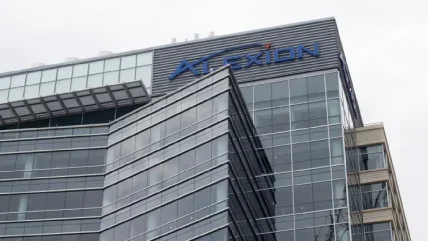
JCR Pharmaceuticals has entered a licensing agreement with Alexion, AstraZeneca Rare Disease to develop genomic medicines using its in-house JUST-AAV capsids.
The JUST-AAV platform, which optimises adeno-associated virus (AAV) vectors for targeted delivery, will be used in up to five of Alexion’s genomic medicine programmes.
Under the terms of the agreement, JCR will receive an upfront payment and is eligible for milestone payments up to $225m for research and development and up to $600m for sales.
The Japanese biotechnology firm will also receive tiered royalties based on net sales.
It is the third partnership between JCR and Alexion, following previous collaborations involving J-Brain Cargo technology announced in March and December 2023.
JCR chairman, president and CEO Shin Ashida said: “I am very pleased to announce the signing of this license agreement for our proprietary AAV capsid platform, JUST-AAV.
“I believe JUST-AAV has the potential to make a real difference in the development of gene therapies for rare diseases, and I look forward to its application across a broader range of conditions.
“JCR values its partnership with Alexion, and we are pleased to build on the collaboration we have developed over the years.”
The JUST-AAV platform involves modified AAV vectors with miniaturised antibodies on the capsid surface, enhancing targeted delivery to specific tissues and organs.
Further modifications minimise off-target effects and improve safety, making it applicable across various diseases.
JCR Pharmaceuticals has also developed J-Brain Cargo, a technology enabling biotherapeutics to penetrate the blood-brain barrier.
The first drug developed with this technology, IZCARGO, is approved in Japan for treating a lysosomal storage disorder.
Earlier this year, JCR Pharmaceuticals and Modalis Therapeutics agreed to proceed to the next phase of their existing research partnership with a new joint research agreement.
The joint research collaboration between Modalis and JCR was initiated in December 2023 to evaluate the delivery of gene therapy to the central nervous system (CNS).
The two companies have validated the initial proof of concept in the joint research programme for the development of a novel gene therapy.






